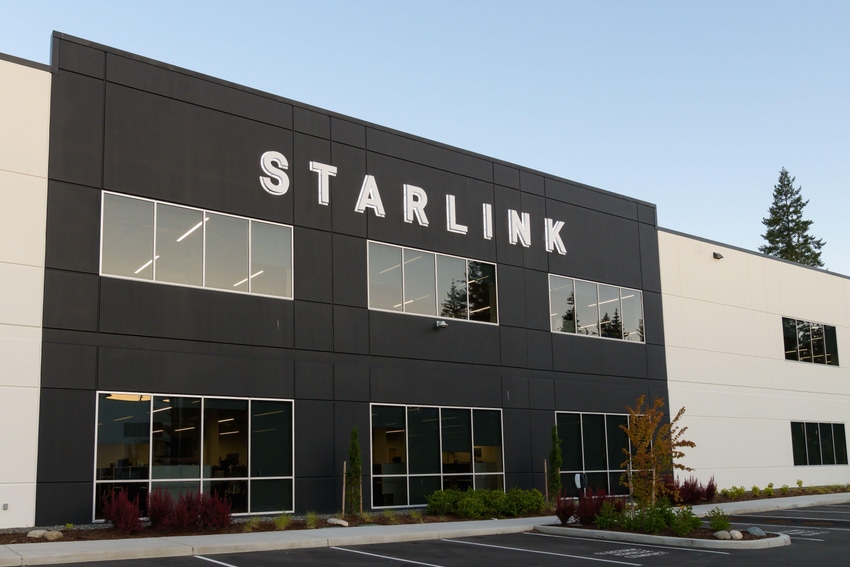Starlink launches in Indonesia, inks agreement to connect remote health centers
The Starlink service was launched in three health centers – two in Bali and another in Aru, one of Indonesia's unserved and outermost islands in Maluku province.

SpaceX's Starlink officially launched its satellite Internet service in Indonesia on Sunday, which was marked by a new agreement providing connectivity to healthcare centers in remote parts of the country.
SpaceX CEO Elon Musk flew into the resort island of Bali to witness the launch ceremony along with several government officials.
Musk and Indonesian Health Secretary Budi Gunadi Sadikin launched Starlink at three health clinics – two in Bali and another in Aru, one of Indonesia's unserved and outermost islands in Maluku province.
As part of the ceremony, Musk conducted a speed test of the Starlink service with local health workers, according to news reports.
"This can make it really a lifesaver for remote medical clinics, and I think it could be a possibility for education as well," Musk told reporters.
According to media reports, Musk signed an agreement on enhancing connectivity in the country's health and education sectors, but no details were provided.
Health Secretary Sadikin told reporters at the launch that about 2,700 of more than 10,000 islands across Indonesia are still without Internet access.
"The Internet can open up better access to health services as communication between regions is said to be easier, so that reporting from health service facilities can be done in real time or up to date," he said.
Fastest way to connect remote areas
The entry of Starlink into Indonesia as a satellite-based broadband Internet provider is seen as the fastest way to provide connectivity to remote areas of the country that are not reached by traditional ISPs.
The LEO satellite operator was granted an ISP permit earlier this month and has already obtained a very small aperture terminal (VSAT) permit to run the VSAT hub and station equipment that it has already built in the country. The two permits enable Starlink's local unit to provide telecom services directly to consumers.
Prior to getting its ISP permit, Starlin signed a collaboration agreement with the Indonesian Internet Service Providers Association (APJII) to improve Internet access in rural areas.
The partnership between the two parties involved the integration of Starlink's Internet services with existing infrastructure, which will allow local ISPs to expand their reach. Starlink, for its part, can use the terrestrial infrastructure to reach more people across Indonesia.
Indonesia is the third country in Southeast Asia – after Malaysia and the Philippines – where Starlink service is now available.
Read more about:
AsiaAbout the Author(s)
You May Also Like














